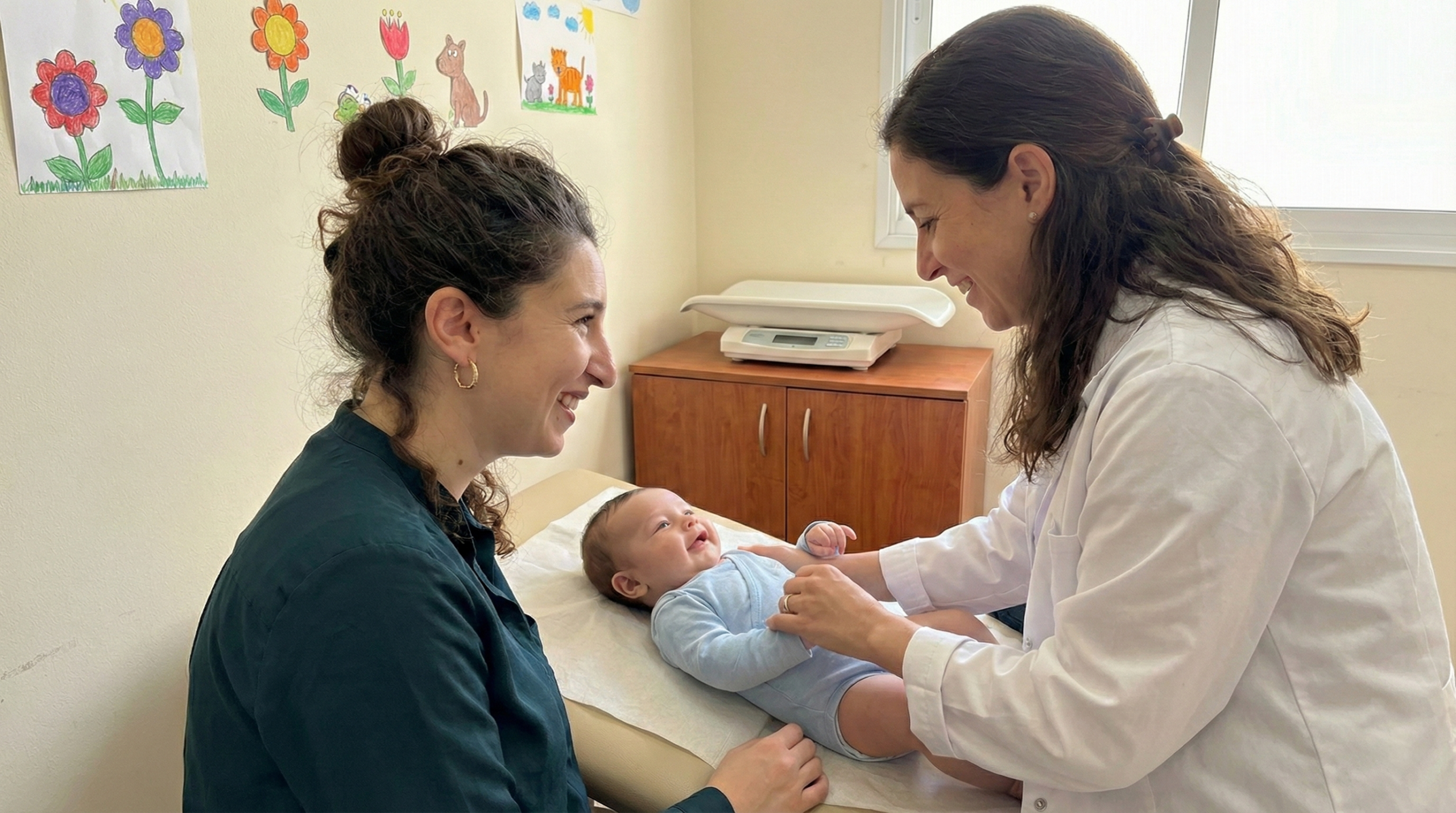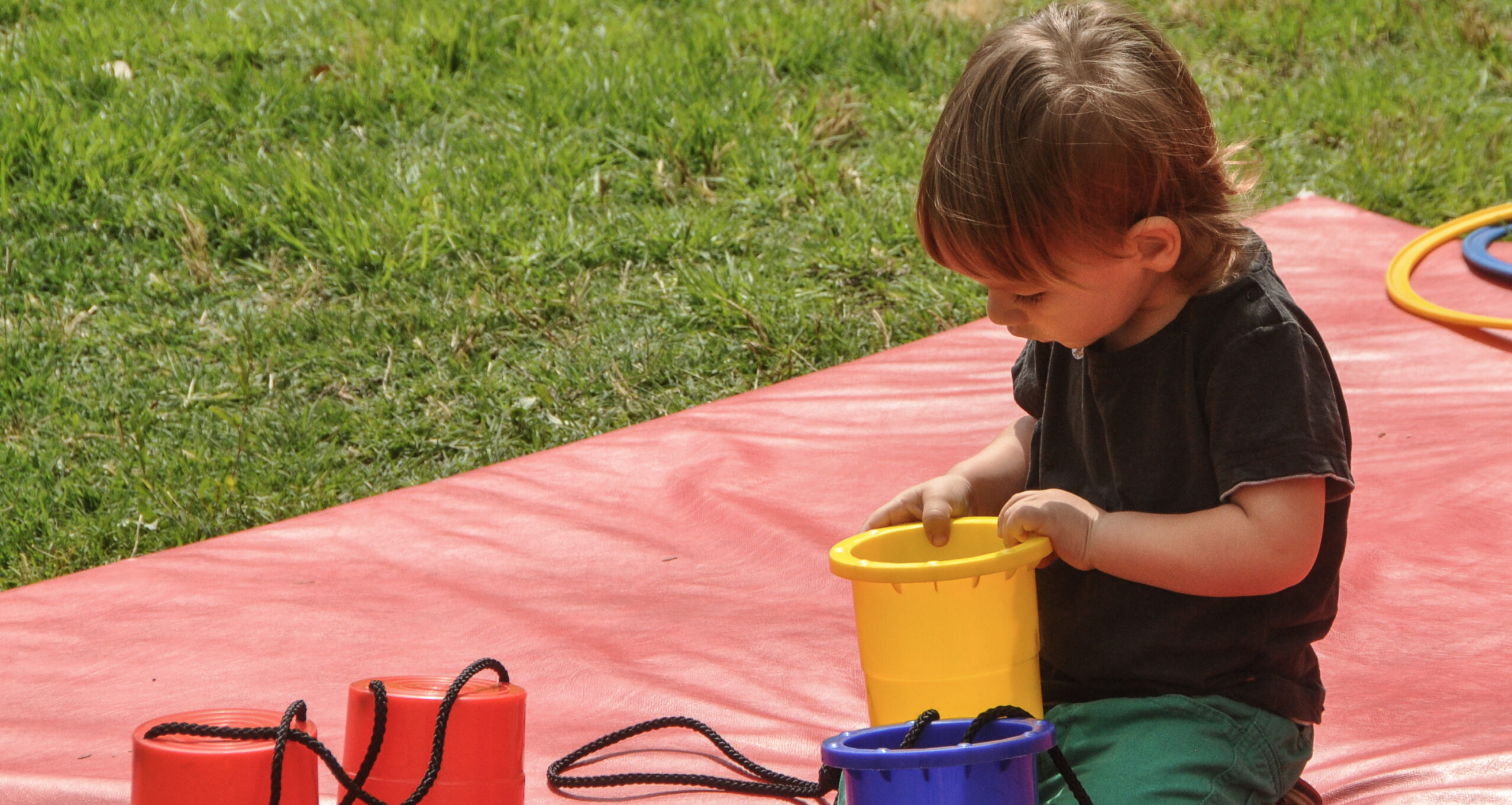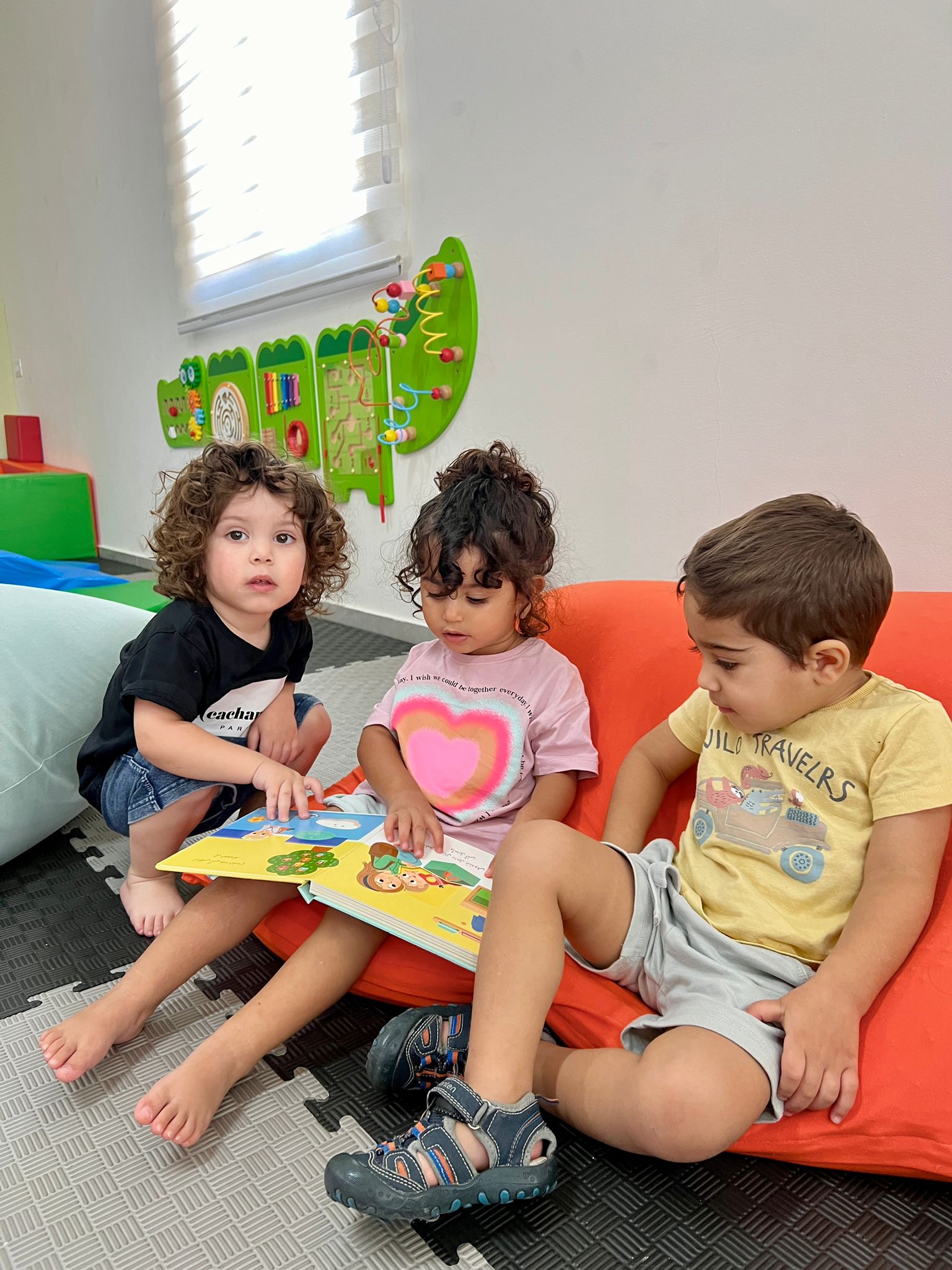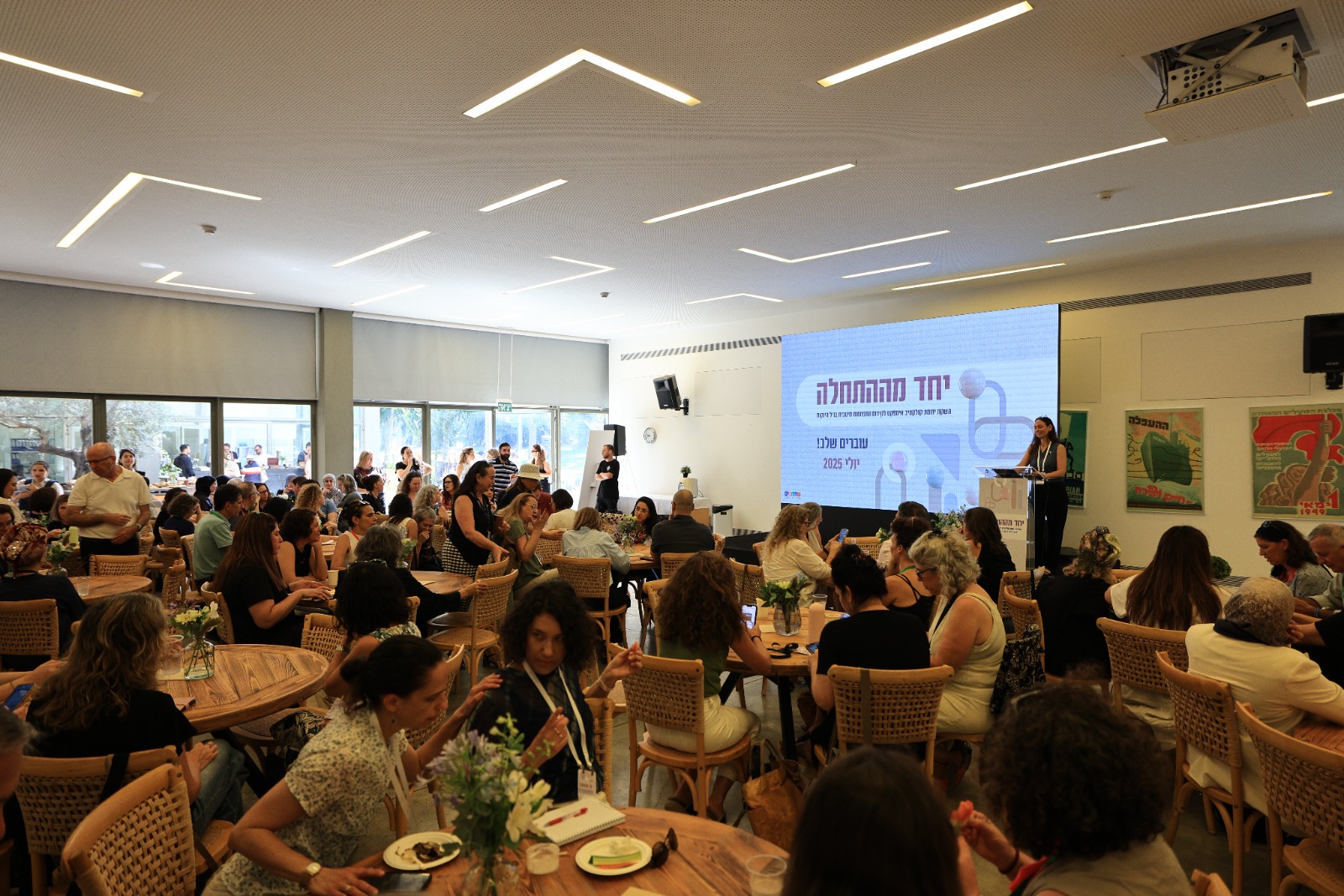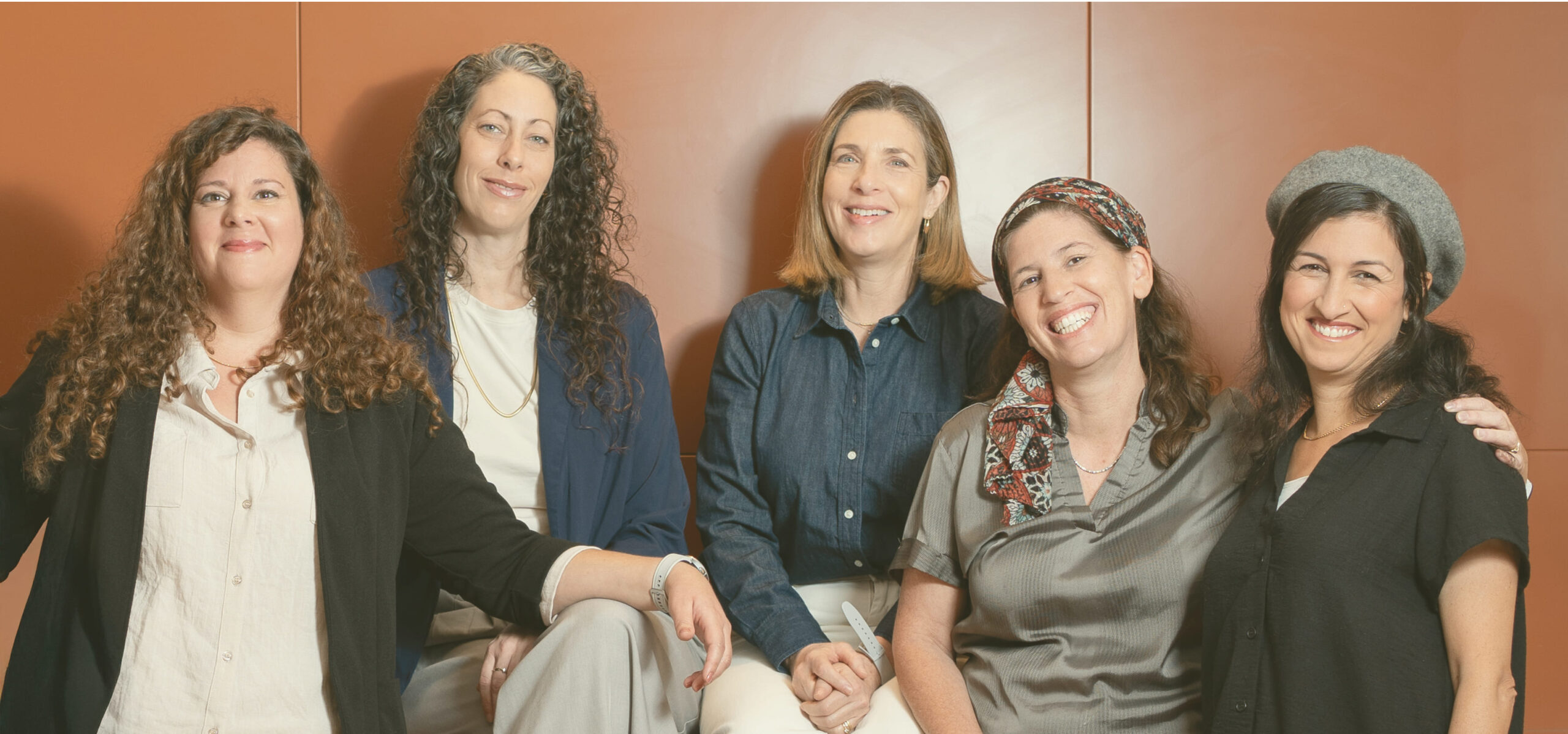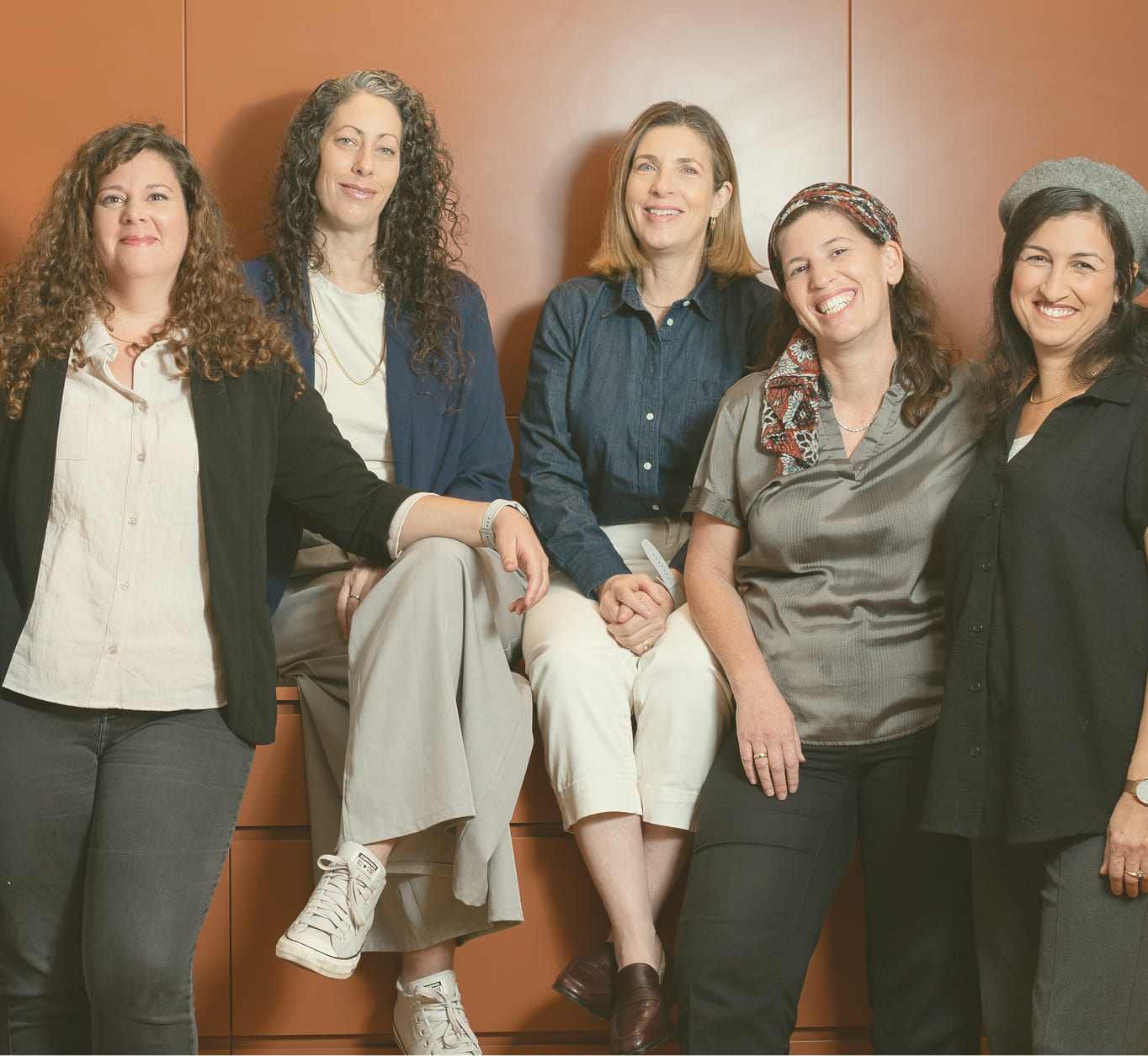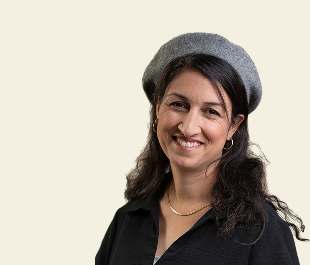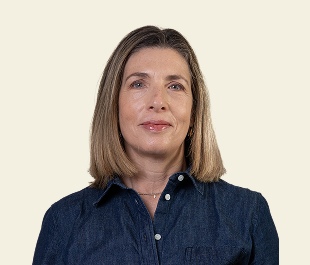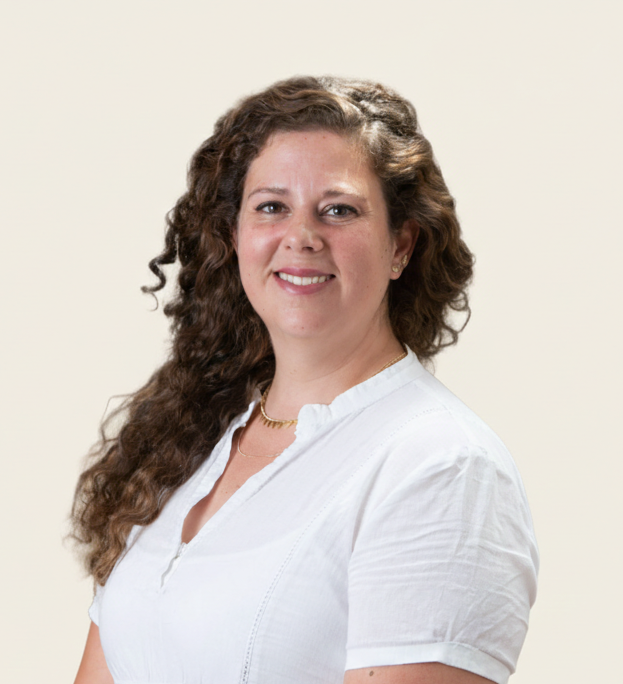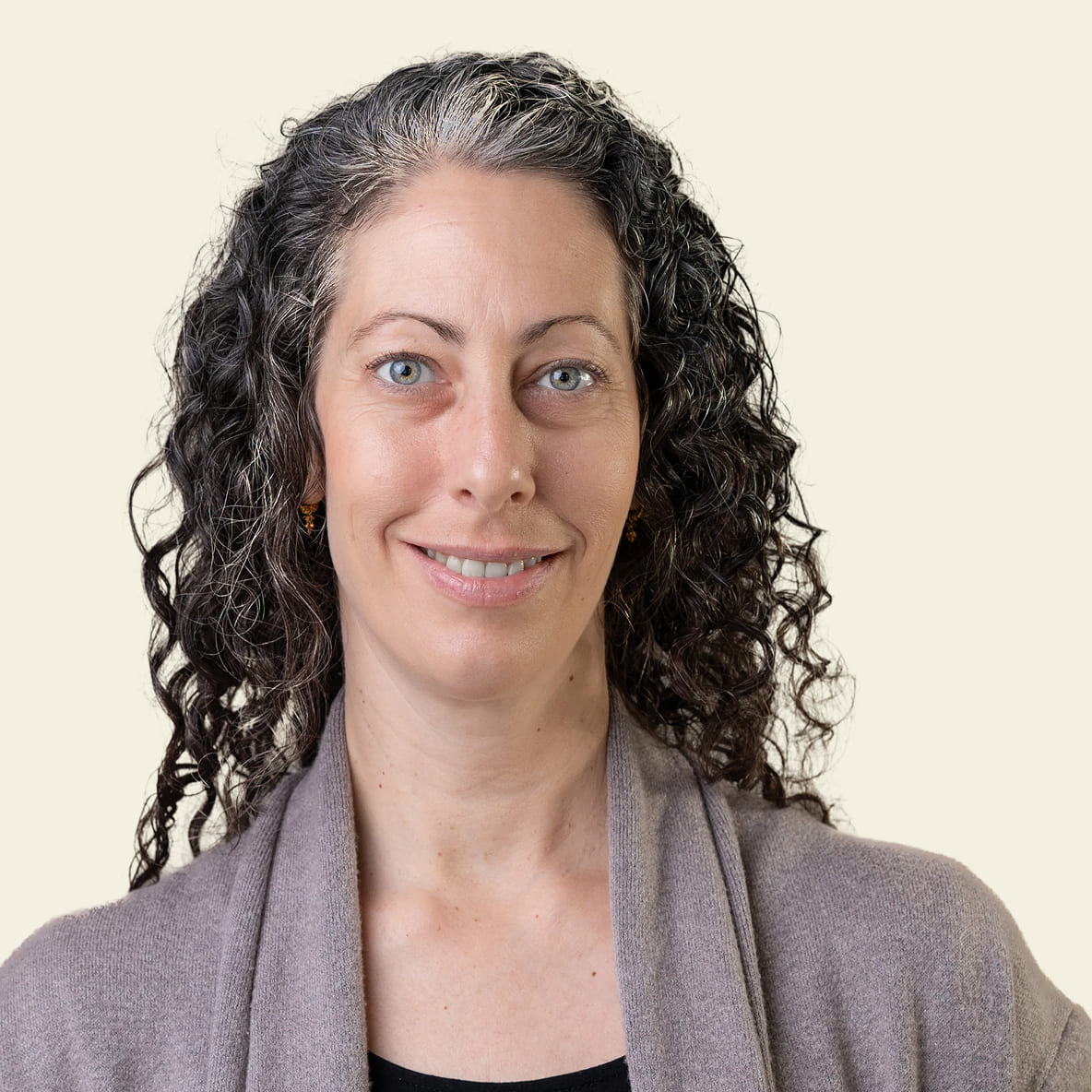
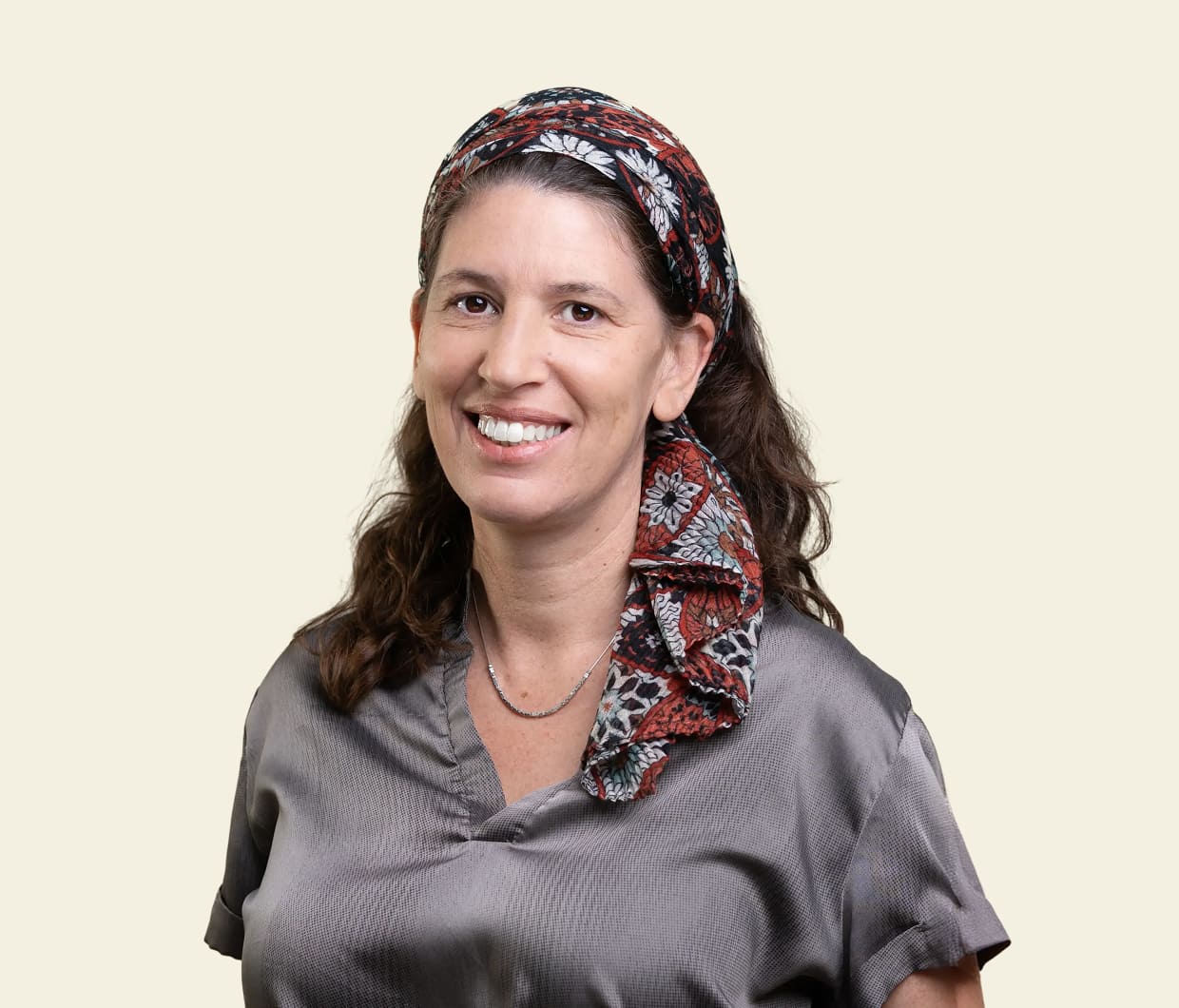
Efrat Degani-Toperoff
Programme Director, Early Childhood
Efrat’s work focuses on early childhood development, especially among disadvantaged populations. She was Co-Founder and Chair of Bema’aglei Tzedek – an award-winning social justice organisation, and Co-Founder of the Good Neighbour Association and the Psifas Israeli Fund. She was a member of the late President Shimon Peres’ Youth Forum. Efrat graduated from the Mandel School for Educational Leadership and holds a BA in Talmud and an MA in Non-Profit Management from The Hebrew University. She joined Yad Hanadiv in 2012.
Efrat’s work focuses on early childhood development, especially among disadvantaged populations. She was Co-Founder and Chair of Bema’aglei Tzedek – an award-winning social justice organisation, and Co-Founder of the Good Neighbour Association and the Psifas Israeli Fund. She was a member of the late President Shimon Peres’ Youth Forum. Efrat graduated from the Mandel School for Educational Leadership and holds a BA in Talmud and an MA in Non-Profit Management from The Hebrew University. She joined Yad Hanadiv in 2012.
